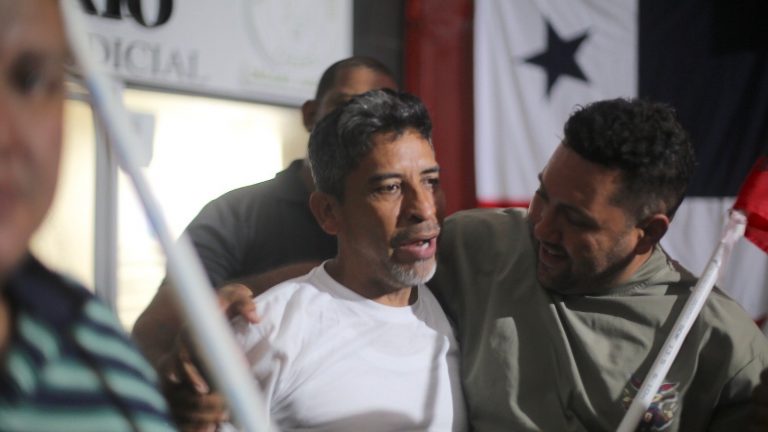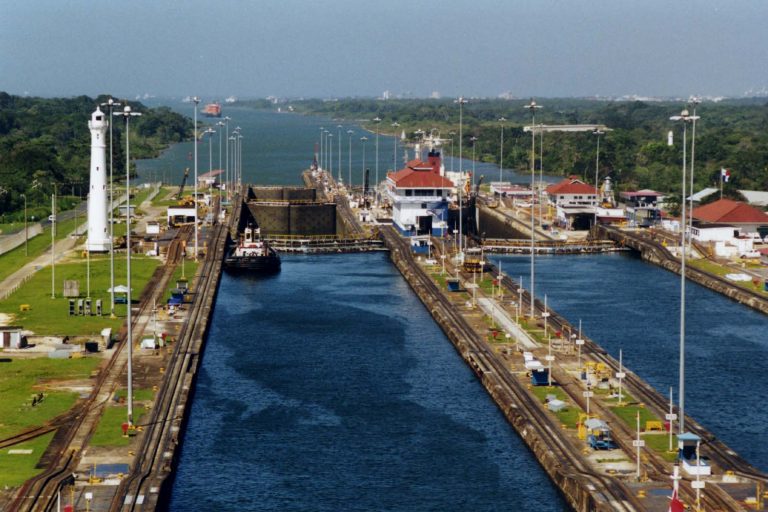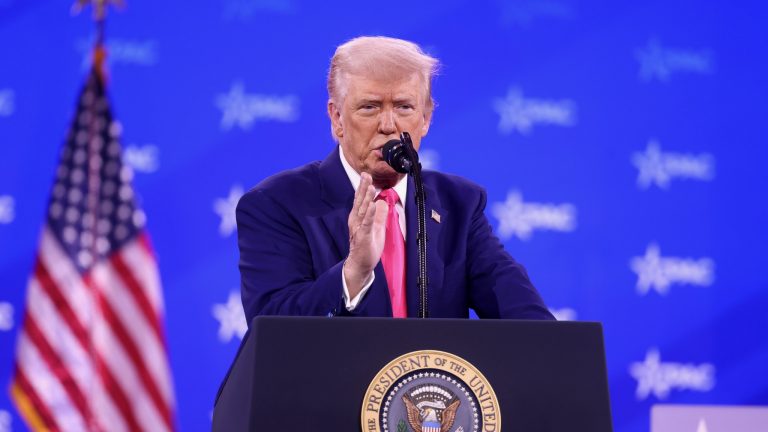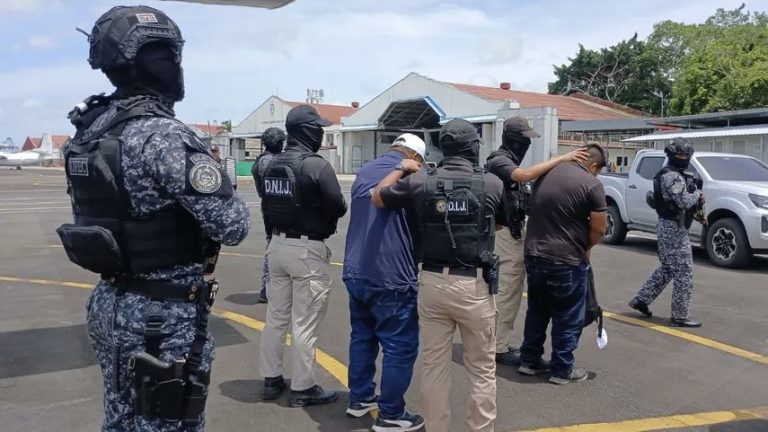SUNTRACS Fights Political Persecution In Panama
The National Union of Construction and Related Industry Workers (SUNTRACS), Panama’s largest and most militant trade union, has denounced the right-wing government of José Raúl Mulino for ordering the arrest of several political leaders of its organization and their relatives.
The leaders and family members were released on October 29. Following sustained pressure from SUNTRACS and international trade unions, the court determined there was no reason to keep them detained. The union has vowed to continue resisting the Mulino government’s repression.
In a public statement, SUNTRACS said: “We denounce before the country that heavily armed and masked national police units … stormed … the homes of several members of our union’s board of directors and family members of some of our comrades.”















